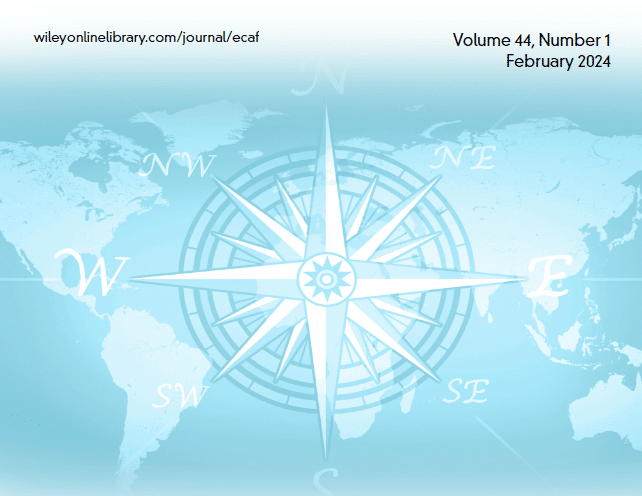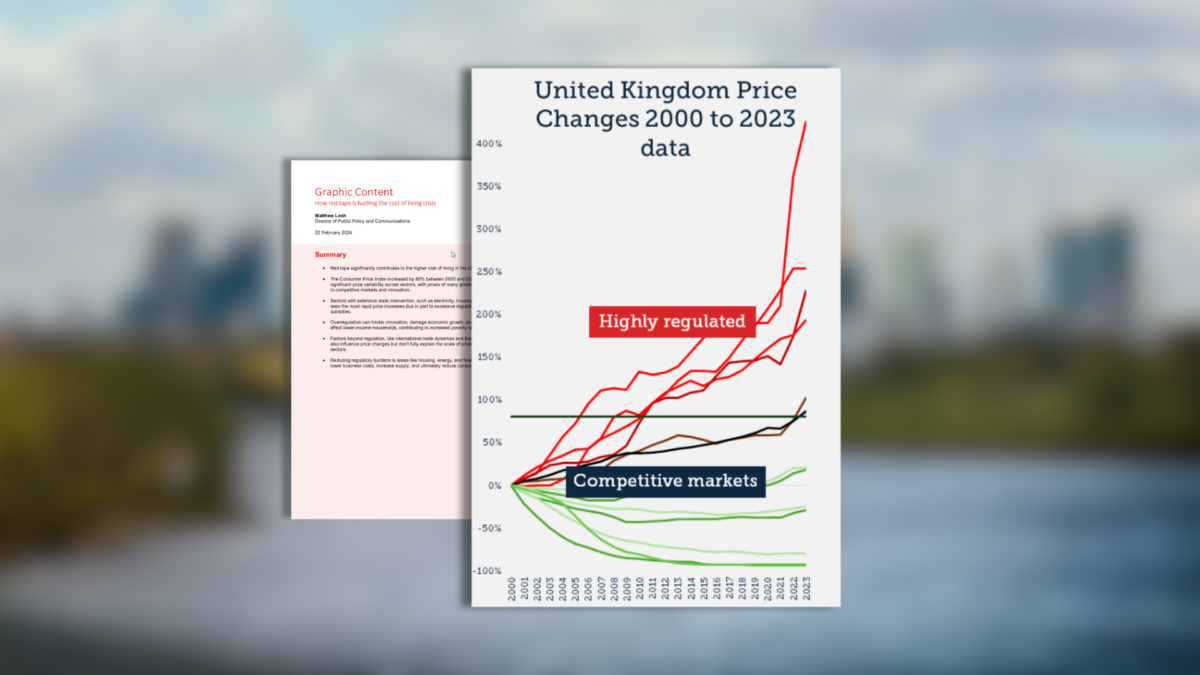Meritocracy, Personal Responsibility, and Encouraging Investment: Lessons from Singapore’s Economic Growth Miracle
SUGGESTED



Introduction
Meritocracy, Personal Responsibility, and Encouraging Investment: Lessons from Singapore’s Economic Growth Miracle documents the stunning economic rise of the small city-state since gaining independence in 1965, and examines how it is able to provide many of the same social services that Westerners do—health care, retirement, housing, education, unemployment, for example—but with much smaller government and lower costs.
Chapter 1: An Overview of Singapore’s Development and Public Policies
This chapter discusses the evolution and uniqueness of Singapore’s economic and social policies, from British colony to independent city-state.
Chapter 2: Singapore’s Economic Performance
Known as one of the four Asian Tigers, Singapore’s stunning economic success is documented here and compared to other Asia-Pacific countries, as well as the United States.
Chapter 3: The Singaporean Health Care System: Policy and Performance
Singapore’s approach to universal health care represents a departure from much of the developed world in terms of design and philosophy, which shares features of both tax-funded systems, where government is the primary insurer, and social health insurance systems with competitive insurance markets.
Chapter 4: Singapore’s Primary and Secondary Education System: The Use of Education Savings Accounts to Fuel Student Achievement
This chapter examines the unique features of Singapore’s education system: Its history, its focus on competition and academic rigour, the Edusave Accounts, and how it routinely evaluates not just students, but also teachers and schools for performance.
Chapter 5: Singapore’s Income-Support System: One of a Kind
The Singaporean social security system is quite different from those of most other industrialized countries, because it largely emphasizes individual responsibility rather than collective welfare. This chapter discusses Singapore’s unique forced saving model—the Central Provident Fund.
Chapter 6: Is Singapore a Free Market Economy?
This chapter explores the ways Singapore is and is not a market-based economy, where it falls short on liberal democratic values, and discusses what lessons western countries can learn from Singapore’s experience.
PDF Viewer
Fullscreen Mode
Realities of Socialism
The Realities of Socialism is a multimedia project—a collaboration between organizations in Canada, Australia, the United States and United Kingdom—to educate people about the experiences of socialism that was imposed on tens of millions of people across the world throughout the 20th century. Here you will find data-driven videos, infographics, short videos and informative studies about socialism’s history in Poland and Estonia, Sweden and Denmark’s short experiment with socialism, and Singapore’s unique approach.
The mission of the Institute of Economic Affairs is to improve understanding of the fundamental institutions of a free society by analysing and expounding the role of markets in solving economic and social problems. The IEA is a registered educational charity and independent of all political parties.



